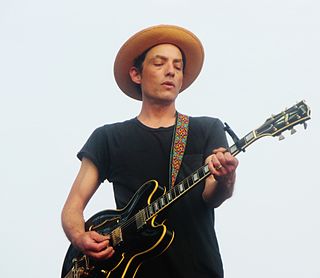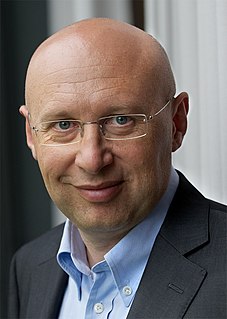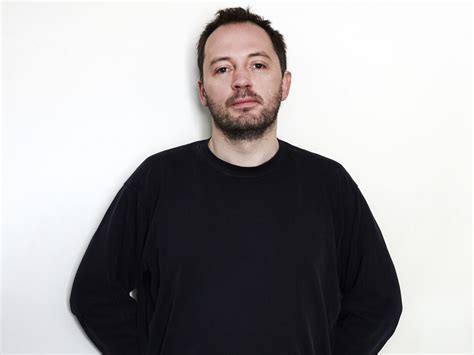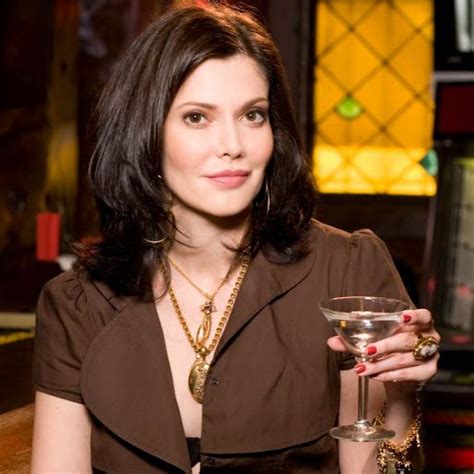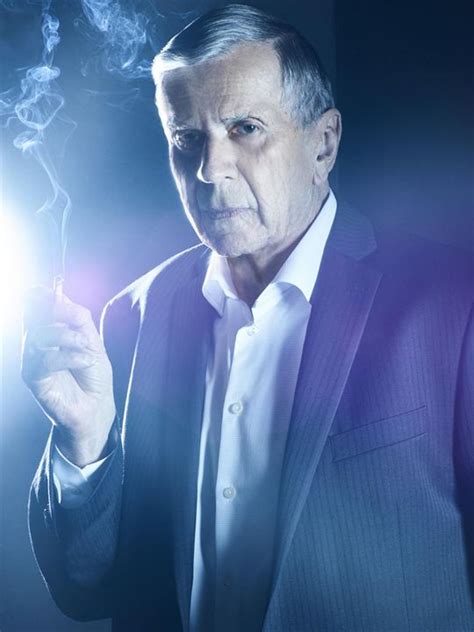A Quote by Wangari Maathai
As a scientist I cannot say we don't want to hear anything about GMOs, because these are advances in science. But I think its also important, especially when you are dealing with food, to be cautious.
Related Quotes
Fur is a contentious issue. Meat is a contentious issue. GMOs are a contentious issue. I think this whole thing going on about whether or not products should be labeled if they have GMOs in them - I, as a consumer, would like to know if I'm eating GMO food. If I choose to buy it then it's my choice.
I think that's something a scientist can do because a scientist works at a border, at the edge of science, at the edge of knowledge, and so there's a lot of fun of reaching out and thinking about things that other people didn't think about. And so it has a kind of exploratory notion, kind of adventurous part in it.
The thing that amazes me about getting fired is that nobody ever has anything insightful to say about it. They always say the same thing. They always say, 'Everything happens for a reason.' As lame as that sounds, I guess it’s better to hear it out loud. Because when you hear it in your own head, it sounds like, 'Anything can happen with a razor.
What I've learned from my gurus is that when you hear music, you hear a person, or you hear people, and you hear everything about them in those moments. They reveal themselves in ways that cannot be revealed any other way, and it contains historical truths because of that. To me, that is the most important thing. It shouldn't be a footnote, or the last chapter. It should be the complete thesis about a book on listening.
I always wanted to be a scientist. I don't really have any writer friends. The process of being a writer is much more interior than being a scientist, because science is so reactionary. I think that all research scientists think of themselves as belonging to a grand tradition, building on work that has been worked on since the very beginning of science itself. Whereas I'm not sure writers think of themselves in the same way.
I have been intimately involved in the techniques of genetic modification as a scientist since GMOs were first conceived. In that time, hundreds of studies and tests have been done on GMO safety - and we've seen no scientific evidence that GMOs are inherently more dangerous than crops produced by traditional plant breeding.
The world has changed far more in the past 100 years than in any other century in history. The reason is not political or economic but technological-technologies that flowed directly from advances in basic science. Clearly, no scientist better represents those advances than Albert Einstein: TIME's Person of the Century.
Isaiah was so attuned to God, because of the great crisis he had just endured, that the call of God penetrated his soul. The majority of us cannot hear anything but ourselves. And we cannot hear anything God says. But to be brought to the place where we can hear the call of God is to be profoundly changed.
I think that physics is the most important-indeed the only-means we have of finding out the origins and fundamentals of our universe, and this is what interests me most about it. I believe that as science advances religion necessarily recedes, and this is a process I wish to encourage, because I consider that, on the whole, the influence of religion is malign.
I think Robert Altman could see things in me that I didn't know I possessed, which is really exciting. He also instilled a tremendous amount of confidence, because he would say things like, "These are the bare bones, but I want you to go fill it out. You find the character. You bring it to me. You write whatever you want." And if you had an idea, he wouldn't want to hear about it. He's want you to show it to him.


